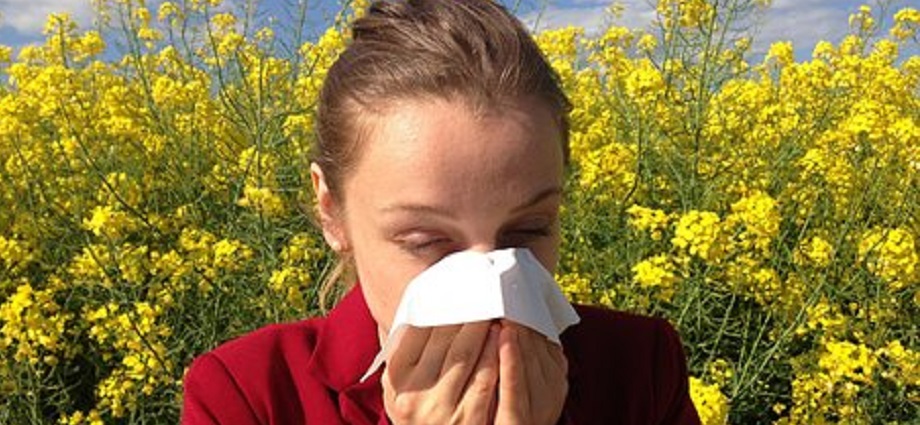Have you ever seen small, red, itchy bumps suddenly show up on your skin? If yes, don’t worry; you’re not alone. Many people experience this, and it can feel scary, especially when it happens out of nowhere. These bumps often appear because of an allergic reaction. Knowing what causes them, their signs, and how to treat them can help you handle them better.
Causes of Allergic Reactions
Allergic reactions happen when your body’s defense system thinks something harmless is dangerous. Here are common causes:
- Food Allergies: Some foods like nuts, seafood, eggs, or milk can trigger allergies.
- Insect Bites or Stings: Bites from mosquitoes, bees, or ants can cause these bumps.
- Medications: Some people react to antibiotics, painkillers, or other medicines.
- Environmental Allergens: Things like pollen, dust, pet hair, or mold can irritate the skin.
- Skin Contact Allergens: Touching certain plants (like poison ivy), fabrics, or beauty products can cause reactions.
- Temperature Changes: Very hot, cold, or sunny weather can make sensitive skin break out in hives.
Symptoms of Allergic Reactions
The symptoms of an allergic reaction can vary depending on the severity of the reaction and the type of allergen involved. Some people may experience mild symptoms such as itching, redness, or a rash, while others may have more severe symptoms such as difficulty breathing, wheezing, or anaphylaxis.
If you experience any of the following symptoms after exposure to a potential allergen, seek medical attention immediately:
- Swelling of the face, lips, or tongue
- Difficulty breathing or shortness of breath
- Chest pain or tightness
- Dizziness or fainting
- Rapid or weak pulse
- Nausea or vomiting
Treatment for Allergic Reactions
Allergic reactions can range from mild to severe, and the treatment options will depend on the severity of the symptoms. Here are some treatments for allergic reactions:
Home remedies for mild symptoms
For mild symptoms such as small red itchy bumps on the skin, home remedies may be enough to provide relief. Applying cool compresses, taking antihistamines, and using topical creams can all help reduce the symptoms. It’s important to note that home remedies may not be enough for more severe symptoms.
Medical intervention for severe symptoms
If you experience severe symptoms such as difficulty breathing, swelling of the face or throat, or chest pain, seek medical attention immediately. In some cases, anaphylaxis can occur, which is a life-threatening reaction that requires immediate treatment with epinephrine.
Importance of carrying medication
If you have a known allergy, it’s important to carry appropriate medication with you at all times. This may include antihistamines, inhalers, or epinephrine injectors. Make sure to inform family members, friends, and coworkers of your allergy and teach them how to use your medication in case of an emergency.
Read More Itchy Bumps on Skin Like Mosquito Bites But Aren’t
Prevention of Allergic Reactions
It’s always better to prevent a reaction than to treat one. Here are some tips:
- Test New Products: Try a small amount of any new cream or makeup on your skin and wait a day before using it fully.
- Keep Your Home Clean: Regularly clean to reduce dust, pet hair, and mold.
- Wear Protective Clothes: Long sleeves and pants can protect your skin in areas with plants or bugs.
- Be Careful With Food: Read ingredient labels if you know you have food allergies.
- Reduce Stress: Practice relaxing activities like yoga or deep breathing to stay calm.
Conclusion
In conclusion, small red itchy bumps on your skin may be a sign of an allergic reaction. If you experience these symptoms, take note of any potential allergens that may be causing them, and seek medical attention if necessary. By taking the appropriate steps to prevent and manage allergic reactions, you can live a happy and healthy life, free from the discomfort and inconvenience of allergy symptoms.

